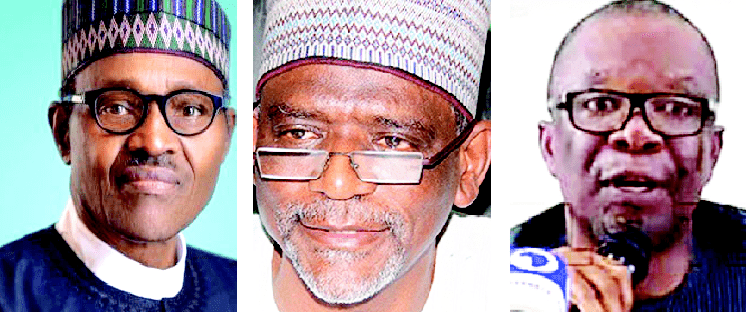
Who prevails in the “no work, no pay” warning between ASUU and FG?
Given that the federal government and the striking lecturers have been unable to come to an agreement, there may not be any end in sight to the ongoing crisis that has prevented academic activity at the nation’s public institutions for more than six months. The difficulty of both sides to come to an agreement on whether or not to compensate academic staff for the time lost during the industrial disturbance is one of the tricky challenges, according to FRANK IKPEFAN.
Due to the government’s decision to apply the no-work, no-pay rule, negotiations between the Federal Government and the Academic Staff Union of Universities (ASUU) seem to be at a standstill. By making this choice, the government has given a clear message to the nation’s trade unions, who use strikes as a way to exert pressure on governments at all levels by citing the no-work, no-pay provision.
Adamu Adamu, the minister of education, explained the government’s stance to reporters during a press conference with State House correspondents in Abuja. The union disagreed with the Minister’s assertion that the government had reached agreements on almost all of the contentious issues involving the striking lecturers, with the exception of two fronts: the payment of withheld salaries and the conditions of service. ASUU pressed Adamu to provide proof of any of the concerns the administration had pursued to a resolution in front of the general public.
The university lecturers’ statement suggested that the condition of service that the federal government team presented to them may be the second knot that the government was attempting to untie, despite Adamu’s failure to mention the second issue preventing the government and the leadership of ASUU from reaching a truce. In the statement, the university professors called the government “miserly.”
ASUU announced a one-month warning strike on February 14 that quickly turned into a full-fledged strike. The strike, which has caused academic activities to be suspended, the closure of public institutions, and confusion among students and Nigerians, is now in its sixth month with no sign of an end in sight. The union made a number of requests, some of which were: support for the revitalization of public institutions; payment of Earned Academic Allowances (EAA)/Earned Allowances (EA); reimbursement of wage deficits; and the establishment of visiting panels. The 2009 FGN/ASUU agreement has to be renegotiated, the University Transparency and Accountability Solution (UTAS) has been adopted as a platform for university lecturers to be paid, and wages that have been withheld must be paid as well as check-off dues that have not been remitted.
The Federal Government implemented the no-work, no-pay rule in March to compel the unions to return to the classroom. The Trade Dispute Act’s sections 43 (1) through (14) allow employers to deduct money from an employee’s paycheck for work that hasn’t been completed. “All contentious matters between the government and ASUU had been resolved except for the desire for members’ pay for the duration of strike to be paid, a demand that Buhari has categorically refused,” Adamu said in an interview with State House Correspondents on Thursday.
He said that the government refused ASUU’s request for payment of the wage backlog because it felt there should be consequences for their behavior. “If you believe it is for the government other than what the government is doing at the university to end the strike, the standard the government has now adopted is not paying for the months in which no work was done,” Adamu added. I believe this is the only thing that is in the power of the government to guarantee that there is a cost for certain action like this.
Therefore, if teachers realize that they won’t get paid in the end and that the federal government isn’t behaving arbitrarily, I think they’ll think twice before joining the strike. A law states that if there is no work, there will be no pay, so previously there was some generosity on its part. This, in my opinion, will be a highly effective factor in preventing strikes. Instead, frequent and preventable strikes by unions at tertiary institutions throughout the nation, particularly the Academic Staff Union of Universities (ASUU), have crippled the university system.
On July 19, 2022, Adamu made the offer to take over the discussions with the university unions from Senator Chris Ngige, Minister of Labour and Employment, who had been at the forefront of the negotiations.
No labor, no pay policy’s beginnings
The Federal Executive Council endorsed the draft White Paper implementing the “No work, no pay” regulation on October 16, 2018. Ngige said that the ruling was in accordance with Section 43 of the Labour Act, which he claimed had previously been affirmed by the National Industrial Court. The 10-person group, which the Minister claimed to lead, supposedly presented the draft White Paper in order to follow up on an earlier technical committee report intended to reduce the number of industrial conflicts in the nation.
“However, since this concept is established in the same Section 43 of the Labour Act, it will also be used when employees go on strike. During such time, the government or the employee’s employers are not entitled to pay, and the absence does not count against the employee’s public service pensionable term, according to that clause, Ngige had said in 2018.
Therefore, employees who go on strike will not be paid for the duration of the industrial action. Government’s clever stance was that Section 43 of the Trade Dispute Act 2004 prohibited salary payment to striking workers and also made workers who are locked out by their employers without following due process entitled to their pay and other benefits. The administration had underlined that both clauses will now be implemented when adopting the White Paper. The Trade Dispute Act defined a strike as “the cessation of work by a body of employed persons acting in combination, or a concerted refusal or a refusal under a common understanding of any number of employed persons to continue to work for an employer in consequence of a dispute, done as a means of compelling their employer or any person or body of employed persons, or to assist other workers in compeli
Rules are not upheld.
The government has previously invoked the no-work, no-pay rule but never really applied it. The government has always paid striking unions for the time they weren’t working on a concessionary basis. For instance, one of the requirements the union set for the government before putting off the strike in 2020, when the ASUU leadership embarked on a ten-month strike, was the payment of their wage arrears.
In accordance with the terms of the 2020 Memorandum of Action, which it signed on December 22, 2020, before calling off the strike, the government, via Ngige’s involvement, made sure that the university professors got all of their delayed pay before the end of 2021. The FGN reaffirmed its promise to reimburse all ASUU members’ withheld wages who weren’t signed up for the Integrated Personnel and Payroll Information System (IPPIS). The FGN committed to pay the delayed salary in installments commencing in December 2020, starting with the institutions that had submitted their complete employee roster owing to special management of finances. The drill is scheduled to continue until January 31st, 2021,” the MoA partially said.
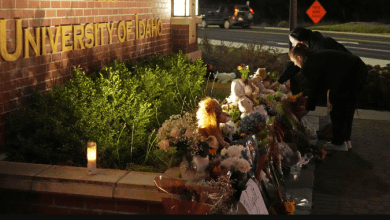

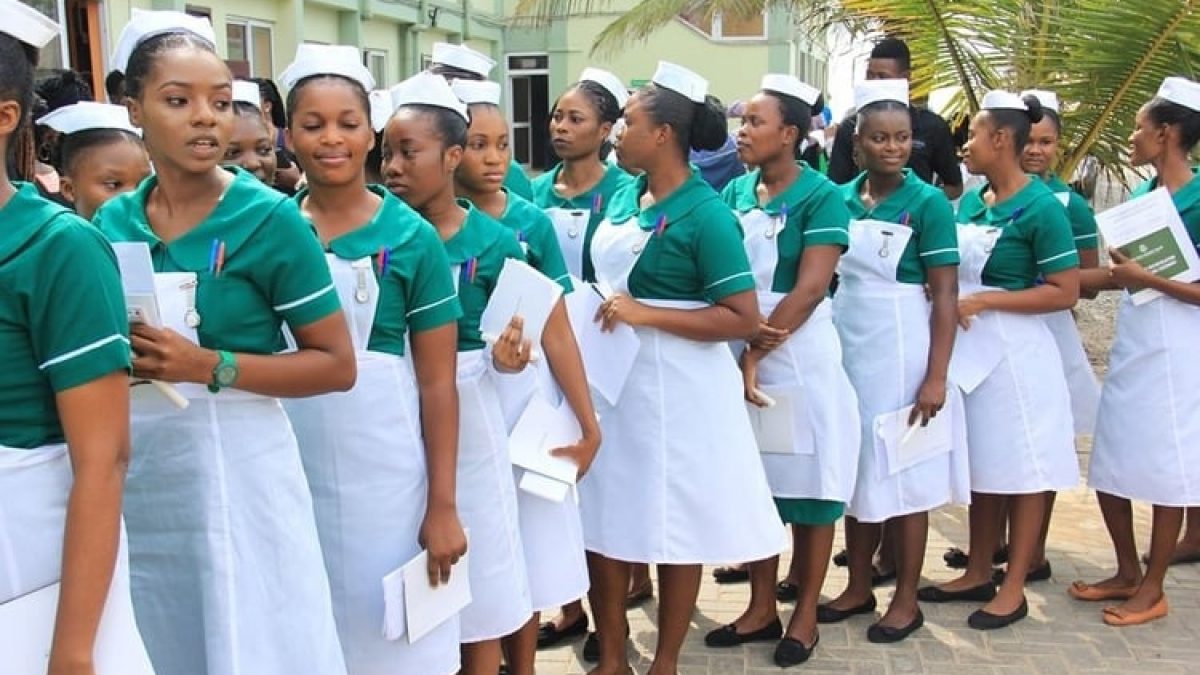
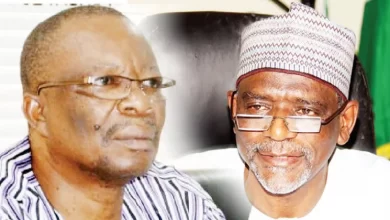
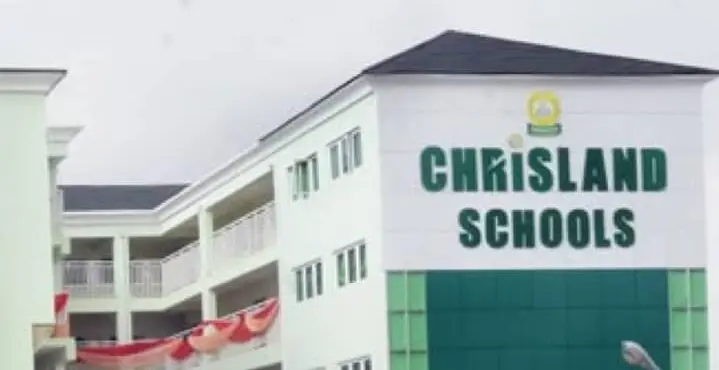
Hmmmm
Ok
Hmm
Wonder-land
Toor
It’s well
No one gain
work
Okay
Ok
God will save us
Hmm
Federal government no one pay money
ok
Ok
Hello
How fa
Hhhh
Work of god
wowwww
wonderful
Eh
Nigeria!
Ywcnjm vcc
Noted
We move
May God help us
Hmmnn
Na wa oo
Haha
Ok
Who knows
wonders shall never end
Hmmmmm
God go take control
Wahala
Hmm omo
Okay
No work no pay
Good
That’s nice
Okay
Really
Really
Thanks for the update
Okay
Bad govt
Really
Really
Hmmm
Really
This kontry problem pass the country himself
Ok
We move
We dey
No work no payment
Hehehe
ok
Okay
Hmmmm
Good
Wow
Nice
Hmmm
May God help us
Nice shot
May God help us to choose good and upright leadership in our upcoming election
Okay 👌
Drama
Unseriousness among them
Nice
Thanks for the update miniechat
Hmm
Good to hear
Nice to hear
Great
They should come to an agreement quickly o
Good
Good
God save us
Really
No work no pay
How’re you
Good
Is only God that can help us
Ok
We need you to resolve it please
They are saying their
Hmmmmm
May God help us
Okay
it is well 😊
Ok nah
Okay
This is serious
Na WA o
We move
Problem no dey finish
good
May God help us
Amen
Okayed
Ok
Hmmm
Who prevails in the “no work, no pay” warning between ASUU and FG?
Good
Miss u tawan
God abet o
God abeg oo….. this pple shld stp playing wif us
That great
God help us
Hmmm.
Na wao oh
Hummm
It’s must be members of the house
Huhh
Ok na
Hmmm
Noted
I don’t know
Hmmm
My nationa
Who noes
GOD bless Nigerians
Wow
Ok
Nothing we no go see finish for this country
Bad country
May God resolved the issue 🙏 between ASUU and FG
Nobody wins
Great
Great
remarkable
Yh
Hmmmm
No one
Good
Preventing
Good
Fantastic
gud
ASU n FG nawa oh
ASUU won
Assu
Asuu
ASUU
This is not good. ASUU are losing
Prevails
May God help us
Good
Ok
We’ll see about that
Okay thanks
Nice update
great
Make Dem continue ooooo
Okay
Really
Good
Good
Asuu
Ok
Good
Good luck
Good
Ohh
Drama
Seriously now
Okay
Good
Goof
Justice
No joy
Yeah o joy
Good
Ok
Please who are those people self?
Wahala……nothing person no go see for this Nigeria
Good
God will separate the fight
Hmmmmm
Thanks for the update
Good
So serious
Good
Good
Sup
It’s not good o hen ASUU!
Nice one
Hmmm
Wahala
These
Bad
Nice wan
Gvt
Okay
Okay
Nice
Wow
They are all trying
Hmmm
Hmm
good
Mmmm